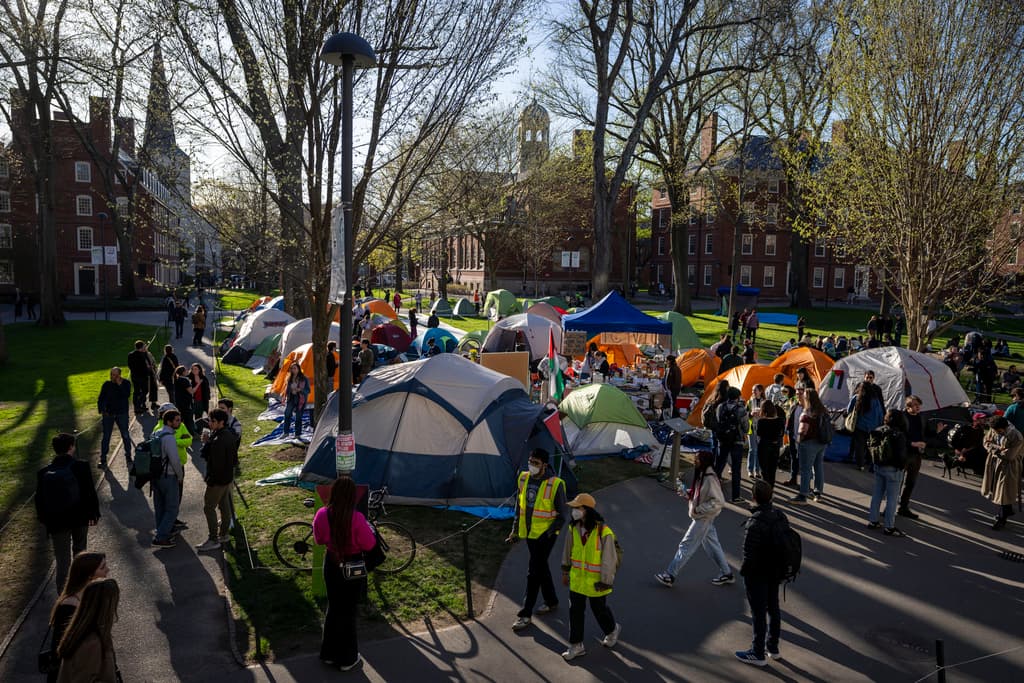Harvard’s Settlements of Lawsuits on Campus Antisemitism Are but Modest Steps Against an Entrenched Bigotry
University refuses to admit any wrongdoing or liability, even while agreeing to payments.

The two settlements announced this week of antisemitism lawsuits against Harvard are modest steps forward for that university, but the bigotry against Jews is so entrenched at Cambridge and Boston that it will take a lot more than court documents to force change.
Please check your email.
A verification code has been sent to
Didn't get a code? Click to resend.
To continue reading, please select:
Enter your email to read for FREE
Get 1 FREE article
Join the Sun for a PENNY A DAY
$0.01/day for 60 days
Cancel anytime
100% ad free experience
Unlimited article and commenting access
Full annual dues ($120) billed after 60 days

